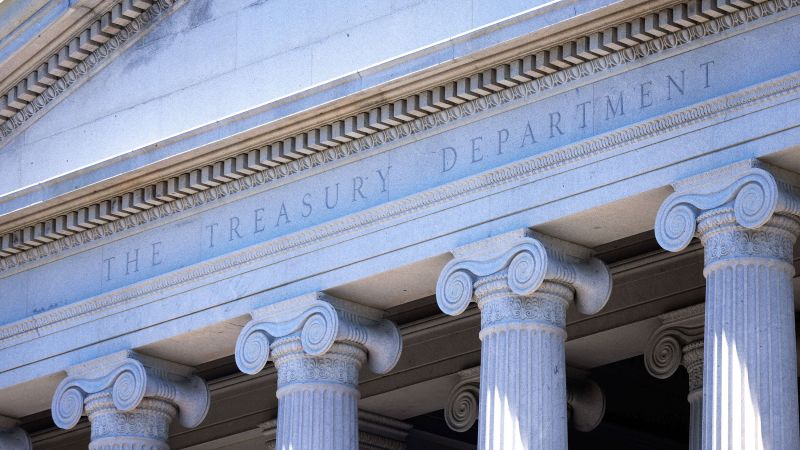The recent ruling by US District Judge Jeannette Vargas has granted the Trump administration’s Department of Government Efficiency (DOGE) access to critical Treasury Department systems that manage trillions of dollars in payments and contain sensitive information of millions of Americans. This decision came on a Tuesday and marks a significant shift in the dynamics surrounding access to these highly sensitive financial systems.
Judge Vargas, in her ruling, highlighted that this access was sanctioned due to an established training process set up by the Trump administration, aimed at equipping DOGE staff with the necessary skills to navigate these complex systems. The court underscored the importance of proper training to mitigate risks associated with the unauthorized disclosure of private data, which has been a primary concern regarding the operations of the DOGE team, particularly given its ties to high-profile figures such as Elon Musk.
The ruling is particularly relevant in the context of a lawsuit that was initiated earlier this year by a coalition of 19 states, all led by Democratic attorneys general. This coalition sought to block DOGE’s access to the payment systems, expressing concerns over the potential misuse of these systems. However, Vargas noted that the Democratic states did not oppose access for the DOGE team provided they received appropriate training, indicating a level of bipartisan agreement on the necessity of safeguards regarding sensitive information.
In her decision, Vargas articulated an important consensus: “The parties are in agreement that … the New DOGE Employees should be permitted to have access to (Bureau of the Fiscal Service) payment systems.” This acknowledgment underscores a willingness among different factions to collaborate on ensuring the integrity of financial management processes, within the parameters of adequate training and oversight.
Following an earlier ruling in February, Vargas had indeed restricted DOGE from accessing Treasury’s payment systems, citing disorganization and insufficient considerations of privacy and security risks as the primary reasons for her decision. The evolution of this situation indicates the administration’s efforts to adapt to those concerns, as previously, Vargas had characterized the actions taken by the Trump administration as “chaotic and haphazard.”
The ruling issued on Tuesday significantly eases the restrictions that were initially imposed on DOGE. In her eight-page opinion, Vargas articulated that if any new DOGE staffers wished to access the sensitive data, there would no longer be a requirement for prior court approval, provided these individuals undergo the necessary training. She emphasized the impracticality of involving the court in resource management for every new team member, noting, “there is little utility in having this Court function as Treasury’s de facto human resources officer each time a new team member is onboarded.”
Interestingly, reports have indicated that DOGE staffers had earlier attempted to disrupt funding for certain programs they deemed unnecessary, amplifying the significance of the court’s oversight given the potential ramifications of such actions on vital public services.
Leading the lawsuit against DOGE was New York Attorney General Letitia James, a notable figure who has vocally critiqued former President Trump. She labeled DOGE’s maneuvers as an “illegal power grab,” positioning the lawsuit as essential for protecting critical federal funding for programs like Social Security and Medicaid. The Democratic officials revealed that their concerns were rooted in the possibility that Musk and his team could wield undue influence over essential public funding.
In conclusion, the recent decision offers a glimpse into the complex interplay of state authority, federal operations, and the nuances of financial management within the United States government. Judge Vargas’s ruling reflects a careful balance between enabling government efficiency through access to critical resources while imposing necessary training requirements to safeguard against potential misuse of sensitive data. With the ongoing scrutiny and concerns from Democratic officials, the future of DOGE’s operations will likely remain under close watch.



